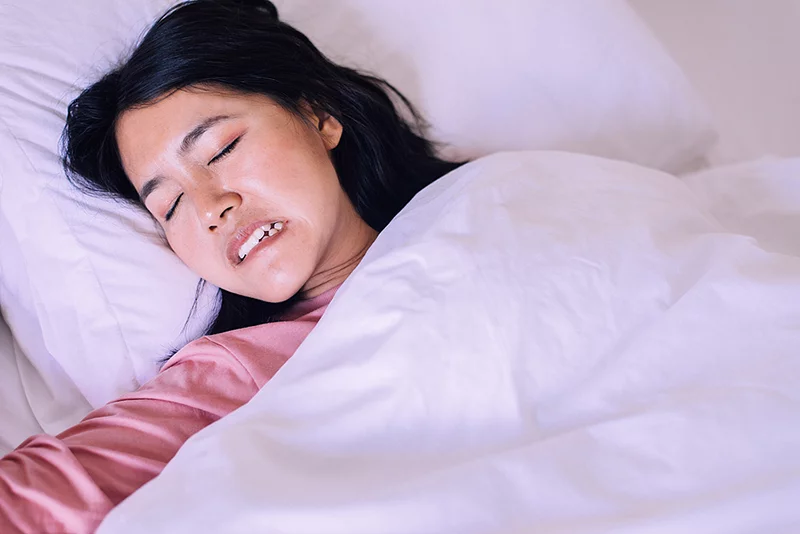
One of the many things your dentist can help you with is bruxism, or the clenching & grinding of teeth. Bruxism can be caused by many factors, including the use of antidepressants. This side effect is not exclusive to this type of drug, but the causes from drug type to drug type can vary.
How Antidepressants Work
Antidepressants, SSRIs & SNRIs, work by helping the body regulate the flow of serotonin, which can help stabilize moods & generally raise them. Serotonin is a chemical in the body that makes you feel good, both physically & mentally. This chemical interacts with other functions of the brain as well, including dopamine production, which decreases as serotonin increases.
This lack of dopamine can alter what the body interprets as its natural homeopathic state & our body’s control of reflexes, including where the jaw aligns with the rest of the skull while resting. Humans’ mouths have a natural inclination to stay closed in order to protect the inner mouth. As the body’s reflexes are altered, affected people will feel the need to clench their jaws, both while asleep & awake depending on the individual, in order to feel “normal.” The extremity of the side effect depends on the individual, & many patients report that the sensation goes away over time as the body becomes acclimated to the antidepressant. However, there can be extreme cases where patients may bite their lip unintentionally or strain jaw muscles.
Common Ties
This effect has been seen in other drugs now being considered for use as antidepressants as well, such as MDMA, which has shown promise in the area & similarly affects serotonin levels. Impurities in illegally made MDMA or other additives can increase the degree to which people feel the need to bite down, so studies of the street drug vs. clinical manufacture & use must be examined separately. Similarly, other medications taken alongside antidepressants can affect bruxism severity, & it is always important to disclose all medications taken to a doctor before starting a new prescription.
Solutions
Mitigation efforts are available for those patients suffering from bruxism, though. They include the addition of buspirone & dose modification. Modifying doses may prove to be the most effective method in the long term, as each person’s possible chemical imbalance will naturally be different than another’s.
Doctors & scientists are still researching the link between this drug use & bruxism, & how to treat it. There are several devices your dentist can recommend to you to alleviate jaw clenching & grinding, whether you are awake & active or asleep. Talk to your dentist today if you suffer from medication-induced bruxism.
